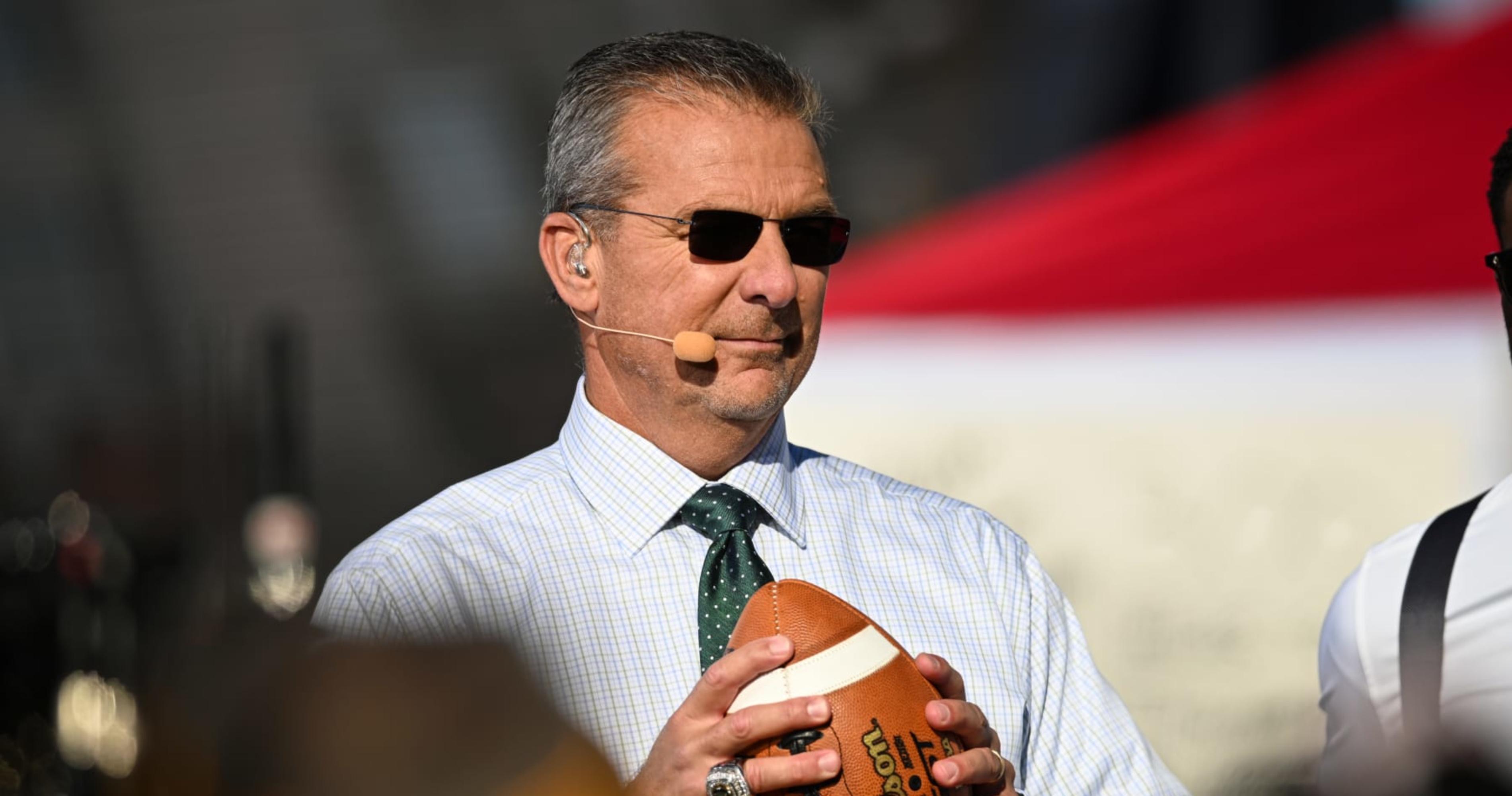



Urban Meyer has never been a coach in the world of NIL deals, but he sees issues with the lack of regulation within college football.
The three-time national champion spoke to Ari Wasserman of The Athletic, saying there is a need for "guardrails" to navigate NIL contracts.
"At some point, there has to be a regulatory body. There have to be regulations. There's nothing collective about this right now. USC could care less what Alabama is doing. It's all independent of each other. There's no guardrails.
"Right now, this school can do this and that school can do that. Most of it is dependent on the financial aspect. 'We can't get this player because we can't pay him enough.' When I hear that, I say, 'You've got to be kidding me.' That's not what this is all about. When I hear that, and I'll be honest with you, it makes me upset. And I don't think it's bad that college players make money. I think it's great. But when I hear that, I wonder what the future of this sport is."
Schools are not allowed to pay players directly, but many major programs have navigated NCAA rules by having collectives of boosters come together and offer players NIL contracts. This has led to many high-profile recruits inking seven-figure deals before even playing a single down of college football.
However, there are some drawbacks.
The most notable example was the recruitment of quarterback Jaden Rashada, who committed to Florida after a group called the Gator Collective offered him a contract worth $13.85 million. The group then backed out of the contract after Rashada's commitment, leading to him decommitting from Florida and landing at Arizona State.
Rashada's expected NIL earnings went from generational wealth to nothing in the blink of an eye, and there are no safeguards in place to avoid similar situations happening in the future.
While the focus should be on guardrails to protect players from being swindled by bad actors, coaches have typically focused on ways to protect schools. That does not seem particularly necessary given the schools are not actually using any of their resources to pay players; coaches, administrators and the school itself still reap the entire financial benefit from television contracts and gate revenue.
Players like Rashada, meanwhile, can be sold a bill of goods without any ramifications. If there are guardrails to be put in place, it starts there.